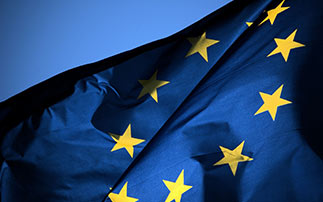
NDICI – Inclusivity in peace and security – 2023
Neighbourhood, Development and International Cooperation Instrument - Inclusivity in peace and security aiming at accelerating achievements in the domain of gender equality and to provide an in-depth focus on women, children and youth and inclusive participation for more effective conflict prevention and peacebuilding processes and initiatives.


